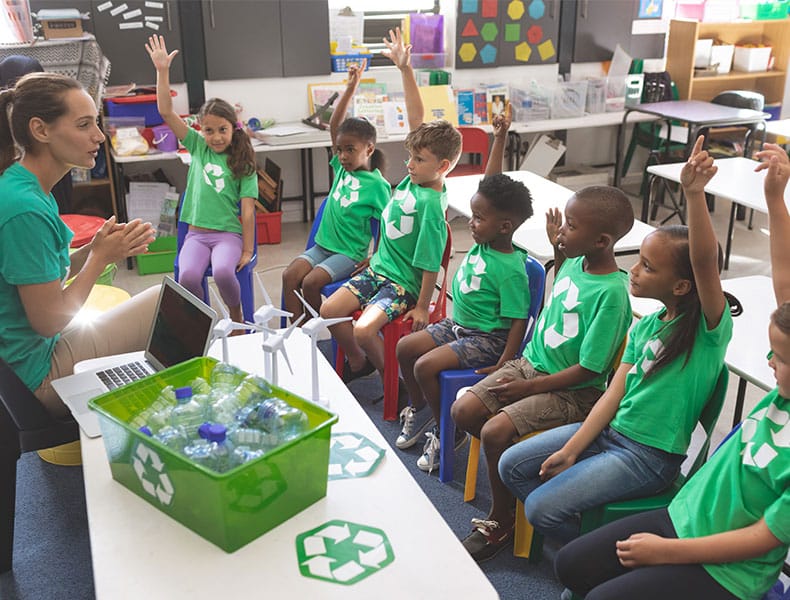School infrastructure is a crucial foundation for learning and delivery of sustainable education at the community level. Learning facilities in schools should enable unimpeded transmission of knowledge by teachers to students while promoting access to inclusive education.
Education facilities must also meet the basic quality standards including the provision of separate sanitary amenities. However, in many poor and underprivileged communities, learning infrastructure is inadequate and even lacks hygiene amenities. Children with special learning needs also suffer greatly since education spaces do not cater for their needs.
The United Nations Sustainable Development Goal No. 4 calls for nations to invest in inclusive and equitable education for all. Inclusive education basically refers to the process of strengthening the education system to cater to all learners regardless of any challenges they may have.
Ensuring access to education for all is crucial to achieving social and human development, environmental protection and economic prosperity. Building peaceful and equitable societies must begin with inclusive education systems that meet the needs of all learners.
TSC registers 224,494 teachers for community learning
The disruptive impact of Covid-19 on schooling has created a sense of urgency to accelerate investments in education so as to ensure no child is left behind. Of greater urgency is overcoming barriers to inclusive education. This entails creating access to quality learning opportunities for all children.
Investing in better school facilities translates into positive academic outcomes and the overall well-being of students. More importantly, it enables them to improve their lives and build a better future for themselves.
Priority should be accorded to ensuring children in disadvantaged populations especially girls, children with disabilities, and those in poorer families, are able to access quality education. This will help reduce inequalities in education that are manifesting themselves sharply owing to the economic and social consequences of the coronavirus pandemic.
The rallying call for inclusive and equitable education is that no child should be left behind or discriminated against on account of physical disabilities or socio-economic disadvantages. This involves eliminating all barriers to learning opportunities.
Removing barriers to education in turn requires long-term strategic investments geared to improving access to learning facilities and opportunities. However, this role should not be left to government alone but demands the involvement of all individuals and institutions of goodwill.
This is why, as a responsible and ethical corporate citizen, LG has chosen to invest in promoting inclusive education through improving facilities in disadvantaged schools. As part of our global sustainability agenda, LG is keen on promoting equality, diversity and inclusivity.
Our sustainability agenda as a company seeks to balance our core business objectives with the long-term social well-being of the communities where we operate. To this end, LG Electronics has partnered with Habitat for Humanity (HFH) Kenya to roll out a project to provide enhanced facilities for better teaching and learning in various primary and secondary schools in Laikipia County.
The initiative to be launched in February will benefit 284 pupils and includes construction of a rain water harvesting system, classrooms, latrine blocks and provisions of desks and other equipment.
Last year, LG supported a similar initiative in Machakos County benefitting over 600 pupils, 226 of whom have hearing impairments. This included revamped classrooms and sanitary facilities as well as a brand new library at Machakos School for the Deaf, also in partnership with HFH Kenya.
As a company, our Principle of Social Contribution is anchored on partnerships based on trust and sharing with others in order to build a better world for the people. We actively support those who strive to realize their dreams through expanded partnerships in communities and countries where we do business









